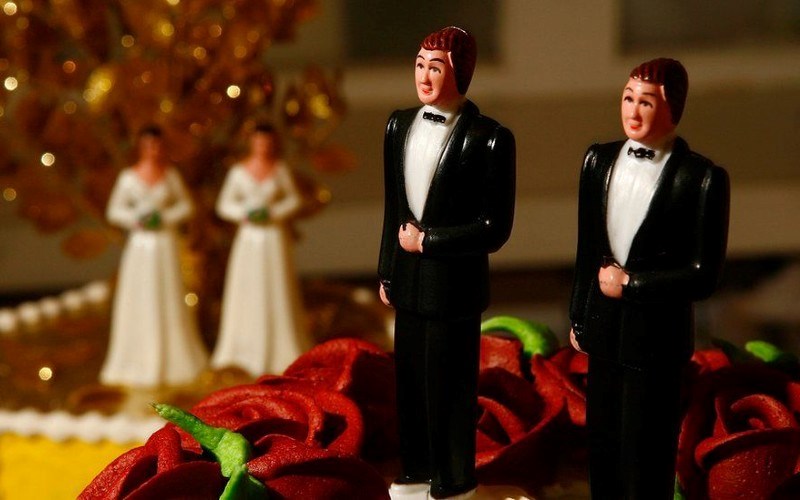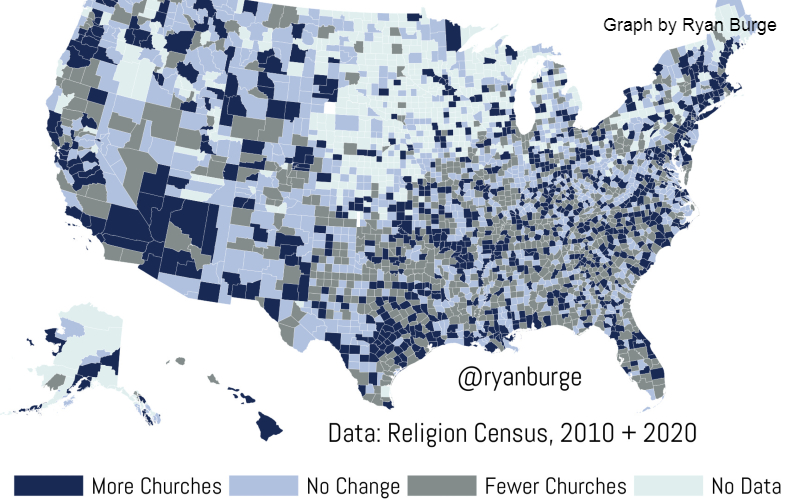Just ahead of the Ordinary General Assembly of the Synod of Bishops in Rome, which began last Wednesday and runs through the rest of October, Pope Francis seemed to muddy the waters on the topic.
Once the conference concludes, he will consider what has been said, and in a year, he will release his plan for the church.
"This is a process in the church that is supposedly a listening session," Catholic League President Bill Donohue recently told "Washington Watch." "It's going to be more than that; we all know that."
He told show host Tony Perkins that the pope alone does not have the authority to change church doctrine. "Any kind of doctrine (change) has to be done by the pope in communion with the bishops," Donohue explained.
While he does not understand why this topic is even being discussed again, he says Pope Francis has "changed the conversation."
The Vatican last week published a letter Francis wrote to the cardinals on July 11 after receiving a list of five questions, or "dubia," from them a day earlier. In it, the pope suggests that blessing same-sex unions could be studied – as long as they are not confused with the blessings given sacramental marriage.
|
Philip Lawler of Catholic World News (CWN) points out that "a wedding is more than a blessing; a wedding is a sacrament." 
So the problem with telling priests they are free to bless same-sex unions is "the church is on record as saying you can't bless a sinful behavior." Lawler says since Francis became pope in 2013, he has had a foot in conservative Catholicism and a foot in its socially liberal counterpart. It is as if Francis the man wants to be progressive, but Francis the pope is constrained by 2,000 years of very clear doctrine. This kind of doublespeak lets Francis have it both ways while encouraging the liberal wing of the church along. "This is, I think, a deliberately confusing statement," the CWN editor submits. "You can give a blessing to any occasion; it's just not a common occurrence for people to ask for a blessing on a friendship." In the end, Lawler says priests who want to bless same-sex unions will do so. |
Donohue says the pope seems to straddle the fence on the issue, carefully preserving the sanctity of marriage while leaving open the possibility that pastors could choose whether to bless non-marital relationships.

"The church has a very clear conception of marriage: an exclusive, stable, and indissoluble union between a man and a woman, naturally open to the begetting of children," Pope Francis wrote. "It calls this union 'marriage.' Other forms of union only realize it 'in a partial and analogous way,' and so they cannot be strictly called 'marriage.' It is not a mere question of names, but the reality that what we call marriage has a unique, essential constitution that demands an exclusive name, not applicable to other realities. It is undoubtedly much more than a mere 'ideal.'"
"Pastoral prudence must adequately discern whether there are forms of blessing, requested by one or more persons, that do not transmit a mistaken conception of marriage," he continued. "When a blessing is requested, one is expressing a request for help from God, a plea to be able to live better, a trust in a Father who can help us to live better."
What the Vatican has decided
Little more than two years ago, in a meeting of the Congregation for Doctrine of Faith, the church addressed the blessing of homosexual unions.
The Vatican press office summarized their position:
Blessings belong to the category of the sacramentals, whereby the Church "calls us to praise God, encourages us to implore his protection, and exhorts us to seek his mercy by our holiness of life." In addition, they "have been established as a kind of imitation of the sacraments, blessings are signs above all of spiritual effects that are achieved through the Church's intercession."
Consequently, in order to conform with the nature of sacramentals, when a blessing is invoked on particular human relationships, in addition to the right intention of those who participate, it is necessary that what is blessed be objectively and positively ordered to receive and express grace, according to the designs of God inscribed in creation, and fully revealed by Christ the Lord. Therefore, only those realities which are in themselves ordered to serve those ends are congruent with the essence of the blessing imparted by the Church.
For this reason, it is not licit to impart a blessing on relationships, or partnerships, even stable, that involve sexual activity outside of marriage (i.e., outside the indissoluble union of a man and a woman open in itself to the transmission of life), as is the case of the unions between persons of the same sex.
So again, Donohue wonders why this is even open for discussion.
Five cardinals have asked the Vatican to clarify the pope's positions, not only on the blessing of same-sex unions, but also on women in the priesthood and other issues.
"Unfortunately, none of them have been invited to go to Rome," Donohue told Perkins.
Noting the pope's earlier position that the church should oppose capital punishment – though the church has never unequivocally adopted that position – Donohue went on to call Francis a man "of walking contradictions."
"Why isn't that part of the listening session of the Synod?" Donohue asked. "Should we reconsider maybe bringing it back?"
Instead, much as it is in society, he lamented that the LGBTQ issues seem to be taking priority in the Catholic Church.
"They're so concerned about marginalizing LGBTQ people. They should spend more time wondering about how Orthodox Catholics feel about being marginalized by the left-wing Catholics in our church today," Donohue warned.
There's a fine line
According to Donohue, Pope Francis is struggling to play both sides. He likened the situation to threading the eye of a needle.
"The church can't come out and say that homosexual sodomy is acceptable. They wouldn't have any church; there'd be no Catholics left," he assured Perkins. "So, what they're trying to do is say … that the status of being a homosexual is morally neutral."
"It's true that every church does welcome everybody independent of your sexual orientation or race, but there's a fine line here," the Catholic defender noted. "It's a slippery slope. If you say that, as an individual, as a homosexual, you're welcomed, that's true. But homosexual behavior – we know what that is, and that is contrary to the teachings of the Catholic Church and to what all Christians believe."







